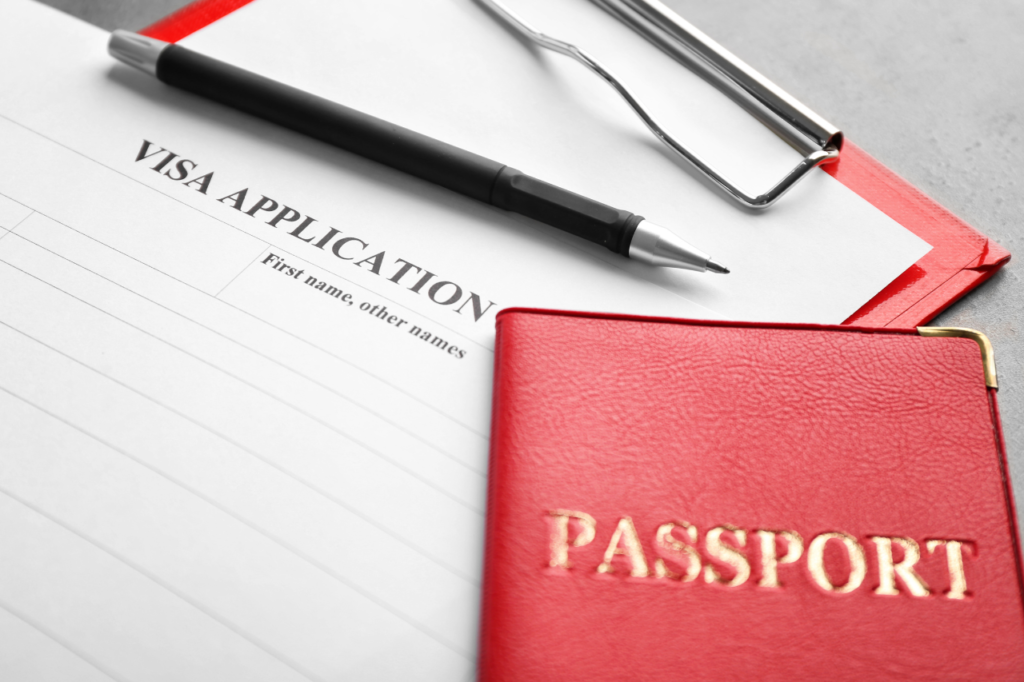Navigating the complexities of U.S. immigration law can be particularly challenging for victims of crimes but there are a few key options available to help these individuals seek protection and work toward legal residency in the United States, notably the U visa and the Violence Against Women Act self-petition. This guide aims to clarify these options, helping you make a decision that best suits your situation.
Understanding Your Immigration Relief Choices
Victims of crimes in the U.S. have access to three main types of visas designed to offer protection and support:
U Visa: For victims of serious crimes.
T Visa: For victims of human trafficking.
VAWA Self-Petition: For abused spouses, parents, and children of U.S. citizens and permanent residents.
Choosing the Right Path
This can be complex, especially if you’re eligible for more than one visa type.
U Visa
It is capped at 10,000 per year, often leading to delays. For example, as of February 2021, petitions submitted in December 2018 were still being processed. After receiving it, there’s a three-year wait before you can apply for a green card, potentially resulting in a decade-long process.
VAWA Self-Petition
It generally moves faster through the system. Applicants can often file for adjustment of status at the same time as their petition, speeding up the process of obtaining a green card. If time is a concern, this may be the quicker option.
Eligibility and Requirements
VAWA: Requires a qualifying relative (a U.S. citizen or permanent resident who has abused you). Qualifying relationships include spouses, parents, and children under 21. Conditions include having lived together and a marriage entered in good faith. Non-marital relationships and civil unions don’t qualify.
U Visa: This does not require a marital relationship. You can qualify if you’ve suffered substantial physical or mental harm from a qualifying crime, regardless of your relationship with the abuser.
Additional Considerations
VAWA: Applicants must demonstrate “good moral character.”
U Visa: Requires cooperation with law enforcement. You must assist in the investigation and prosecution of the crime and provide ongoing help throughout the process.
Types of Immigration Relief
Humanitarian Relief
- Asylum: Individuals who fear persecution in their home country due to race, religion, nationality, political opinion, or membership in a particular social group can apply for asylum. This can be done within one year of arrival in the U.S. or during deportation proceeding.
- Humanitarian Visas: These are available for individuals escaping extreme circumstances, such as natural disasters or civil wars. Humanitarian visas provide temporary protection but are not intended for permanent residency.
Victim-Based Relief
- T Visas: For victims of human trafficking, T visas allow individuals to remain in the U.S. if they assist law enforcement in investigating or prosecuting trafficking cases. Applicants can apply for a green card after three years of holding a T visa.
- U Visas: Designed for victims of certain crimes who have suffered substantial physical or mental abuse and are willing to assist law enforcement. Similar to T visas, U visa holders can apply for a green card after three years.
Adjustment of Status (AOS)
If you are eligible under family-based or employment-based categories, you can file Form I-485 to adjust your status to that of a lawful permanent resident (green card holder) while remaining in the U.S. This process requires an approved immigrant petition (Form I-130 or I-140) and meeting specific eligibility criteria45.
Cancellation of Removal
This option is available for individuals facing deportation who have been physically present in the U.S. for at least ten years and can demonstrate good moral character and that their removal would cause exceptional hardship to qualifying relatives
Making an Informed Decision
Deciding between them depends on your circumstances, the nature of your relationship with the abuser, and your ability to work with law enforcement. Seeking advice from an experienced immigration attorney or domestic violence advocate is crucial to navigating these options effectively. Your choice can significantly impact your future, so professional guidance is essential.
If you’re a victim of crime seeking protection and a path to lawful residence, consult with a legal professional to make the most informed decision for your specific situation.
How Law and Visas Can Help?
At Law and Visas, our team of expert immigration consultants is here to make your travel to the United States straightforward and successful. Whether you’re applying for an Investor Visa (EB-5) or ACA (Deferred Action for Childhood Arrivals), we handle every step—from preparing your application to gathering the required documents.
Our Immigration Consultants and Lawyers ensure that your application meets the highest standards, with no details missed. We’ll also keep you informed throughout the process, coordinating with the immigration office or embassy on your behalf.
Law and Visas has a strong record of helping clients secure the visas/permits they need to visit the United States. Call us today at +234 812 5505 986 to learn how we can assist you.





